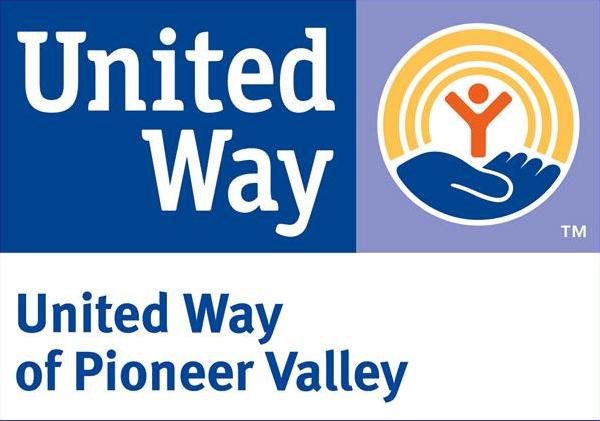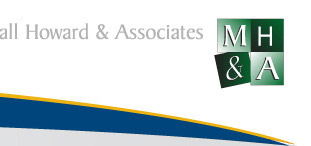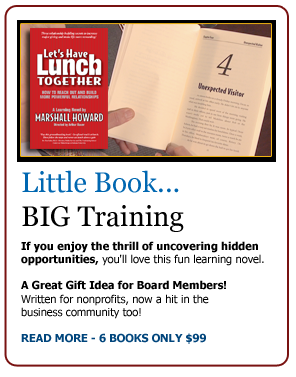Relationships Bring Back $10,000 Donors
"You miss 100% of the shots you don't take." That was the voice of an old boss - - one of the reasons I wanted out of sales in the first place - - but the message was one now ingrained in me: You won't get the sale unless you ask for the sale.
When I took my first position after leaving the for-profit world, I wasn't entirely new to fundraising. I had done it as both a professional and as a volunteer, but the bulk of my experience was in sales and marketing.
My position was new and the organization had been in a state of flux for a considerable period. But it didn't take long for us to prioritize outreach to one group in particular: a list of people who had made gifts of $10,000 or more in the past who had abruptly stopped donating.
The story was simple, and told in various ways by dozens of donors: "You [the organization] never contacted me unless you were asking us for money."
Any real attempts at relationship building had completely stopped. So the relationships ended.
At first it was tough going. Excuses wouldn't make things better - - and whenever I had the opportunity, I acknowledged as much - - but we recognized how important it was to reach out and mend fences. Any possibility of future donations aside, many of these people were opinion leaders in our community. At the very least, it was good manners to express sincere regret over the poor stewardship that may have taken place before we came on board.
We knew that good manners wouldn't necessarily make things better either - - so we were especially proud whenever we were able to rebuild a damaged relationship from among this group.
One couple with whom we had finally managed to re-engage had been among the two or three donors who had donated the largest amounts to the organization.
This unpretentious, well-respected and generous couple had gone from steadfast, influential advocates to sometimes pointed critics of our agency.
But we were talking again and we found them to be supportive of our efforts to get back on track. When we thought the time was right to broach the topic of making a commitment of financial support again, I arranged a meeting.
I'd learned that when you got to this point with a "top ten" donor, you should set up a peer-to-peer ask and have the chief executive (your "visionary leader") present. This rule still serves me in good stead, but that day both of those folks called me - - within minutes of each other and with the scheduled meeting less than an hour away - - to say they'd be unable to make the meeting. There were only two options: Cancel the meeting at the last minute - - or see the donors myself.
I decided ahead of time that I wouldn't make the ask we'd planned. I would see them in person, apologize for the late notice of the meeting's cancellation (telling them "I-just-happened-to-be-in-the-neighborhood" instead of "I-rushed-here-as-soon-as-I-heard-we-were-going-to-ruin
-this-relationship-again") and leave them with a small folder of materials relating to our latest initiatives. I just wanted to keep them open to a rescheduled meeting at a later date, but when they invited me in, they asked me to sit, poured coffee - - and proceeded to hammer me with tough questions. They felt their questions demanded answers and that this was the day they'd chosen to ask them. I had to step up.
My sales background saved my life. Answering prospects' objections - - even those of hostile prospects - - had been my milieu for years. I was ready to offer "features and benefits" that "differentiated our product" from that of our "competition" - - that is, the uniqueness of our mission and what we were doing to fulfill it, since there were hundreds of other worthy organizations, some of them addressing similar issues, that wouldn't have this chance to make their case directly to this couple. In the end, I focused on how their investment was used in the past and how any future investment would be used in the coming months.
That I wasn't prepared to "close" turned out to be irrelevant. After less than 45 minutes, a checkbook was opened with the following comment: "There's no point in making someone else come out again just to make the same case." The amount was larger than expected. And I never did get a chance to ask for the sale.

Carl Faiella
>United Way of Pioneer Valley - Springfield, MA

About the United Way of Pioneer Valley
United Way's leadership role in our community brings together a network of people and organizations necessary to address problems at their root causes. United Way works closely with businesses, schools, government, faith-based groups and our traditional partner agencies to enhances the results of our work and maximizes your contributions. The key is aligning several organizations to pursue the same goal, to achieve greater results.
When you contribute to United Way, your donation stays here in your community. Whether you live in Southwick or South Hadley, many of people in your home town are served by United Way supported programs every year. And United Way is efficient because it's volunteer driven, with low administrative and fundraising expenses.

Relationship Strategies That
Build Your Capacity
Everyone talks about the importance of relationships in capacity building.
Our products focus solely on showing development professionals and their boards, step-by-step, how to grow their mission by making relationships stronger and more genuine.











